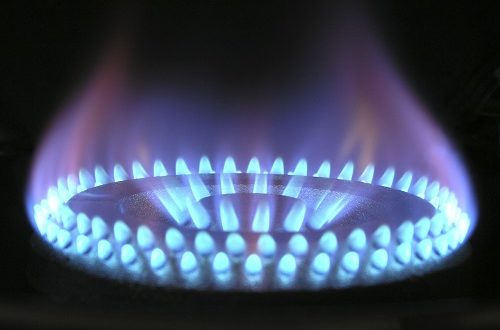Smart Meters are getting a lot of publicity, most of it bad. In this article we will look at what the technology can offer and its present status.
The Smart Meter Plan
The government plans that all households will be offered smart meters by 2020. Installation is free but ultimately the cost estimated at £11 billion will be added to future bills. The program is well behind schedule, but politicians are sticking with the 2020 goal. Smart Meter come in two parts, the actual measuring devices replacing existing gas and electricity meters and a remote display inside your home providing usage information.
The headline benefits are:
- Readings are sent direct to the energy supplier, so no more manual reading is needed
- Consumers get real time data on what energy they are using and the cost. Encouraging us to switch off unneeded appliances or to turn the thermostat down.
- Potential for more flexible tariffs
Taking these benefits at face value, choosing to have a meter makes sense, so why is there resistance.
The Technology Issues
Almost all meters being installed are first generation knowns as SMETS1. This technology has several shortcomings;
- These communicate using the mobile phone network, not so good if the coverage where you live is poor
- If you switch energy suppliers, most will go dumb. In other words, you will need to send manual reading cost information will be incorrect
- Other problems include incompatibility with some tariffs such as Economy 7, communication issues to the remote display and inaccurate readings
As you can read in many of the news articles, things are not going well! It seems that the shortcomings seen here are due to the fragmented nature of our energy industry and lack of a co-ordinated plan. Critics argue the operators of the distribution network not the energy companies should have been responsible.
The reality is that switching to energy saving light bulbs, more efficient boilers and appliances will save more energy than smart meters.
The solution we are told lies with the next generation meters, SMETS2, few though have so far been installed. Worryingly, it is not a given that updates will be on offer for the 250,000 or so existing SMETS1. The general release of SMETS2 meters is due in Q4 2018.
Why Smart Meters
We live in a digital world, so it makes sense that energy metering goes the same way. The technology is being rolled out in countries across the world largely without issues. Smart meters will give energy authorities more accurate information on usage allowing them to plan investments better. Consumers will arguably save energy when they can see more about what they are using and what it is costing.
Some recent tabloid press articles have articles pointing out how the technology will allow suppliers to charge more at peak times. This is certainly a possibility, but it is not really new. Off peak electricity has been available for many years at cheaper rates. It makes economic sense. It is in all of our interests to try an even out demand throughout the day, variable costing can help to achieve this.
What is different is that Smart Meters will give much more flexibility to suppliers to offer more different tariffs at different times. There is a risk that energy companies will abuse this power, but the counter argument is that our energy market is very competitive. It does mean that choosing the right deal, already challenging will get even harder! Ultimately we are likely to find it will be cheaper to run the dishwasher and washing machine when prices are lower and not at the peak evening time.
What you should do
Smart meters are not obligatory. The installation is free and you will get access to real time information on your energy usage.
If you are planning to change your energy provider it’s probably better to wait until the SMETS2 technology is available and proven. The lack of local mobile signals is a another reason to delay.
 Homeowners Club If you are one of the 15 million homeowners in the UK, the free to join online Homeowners Club is for you.
Homeowners Club If you are one of the 15 million homeowners in the UK, the free to join online Homeowners Club is for you.








